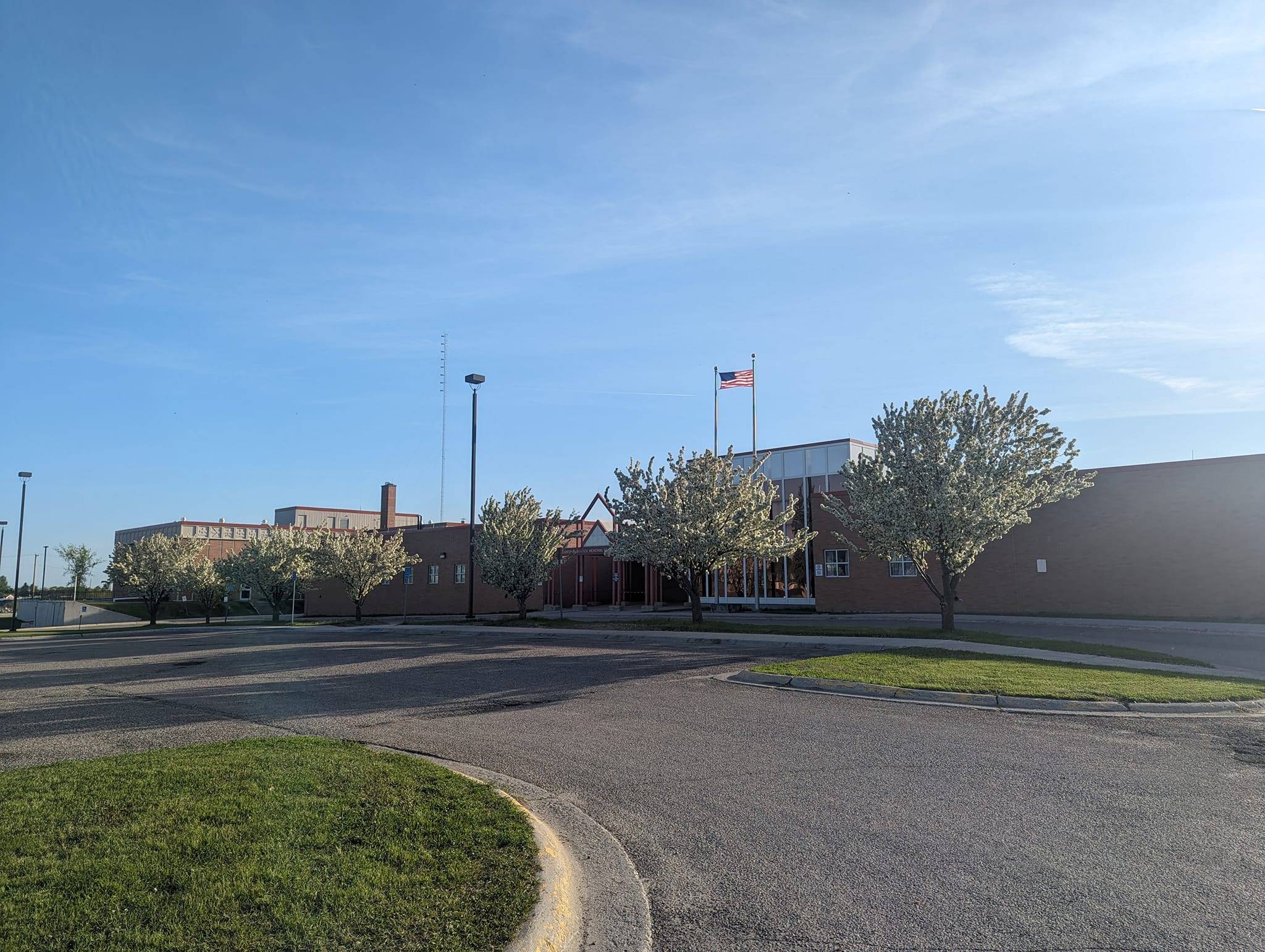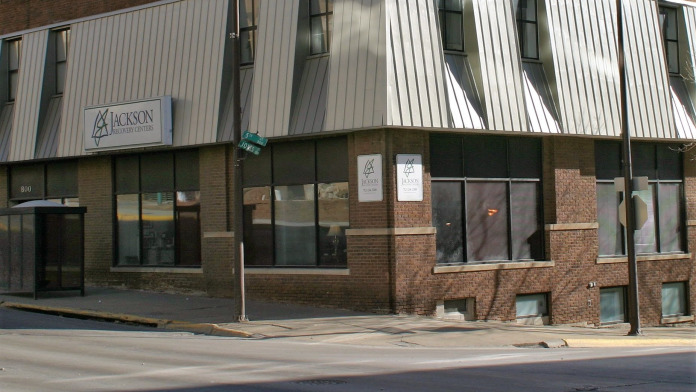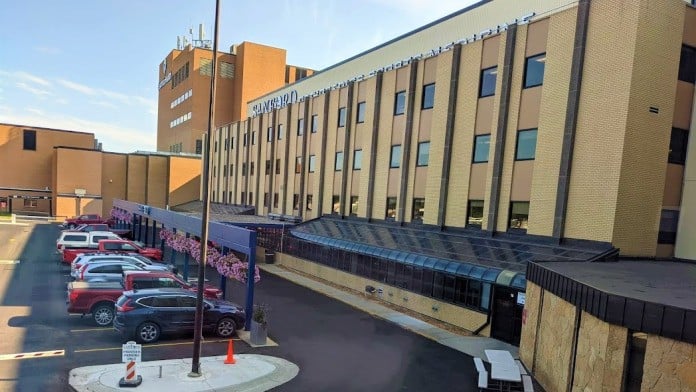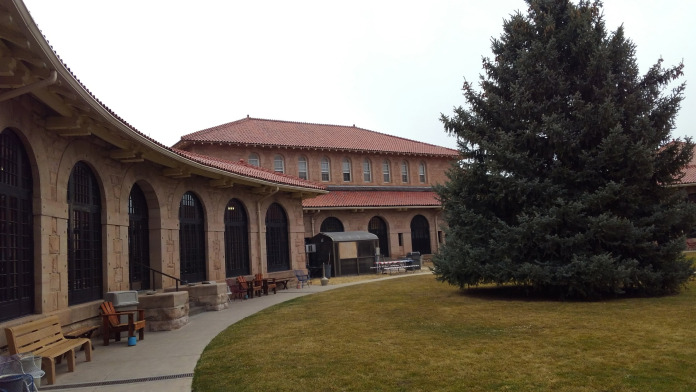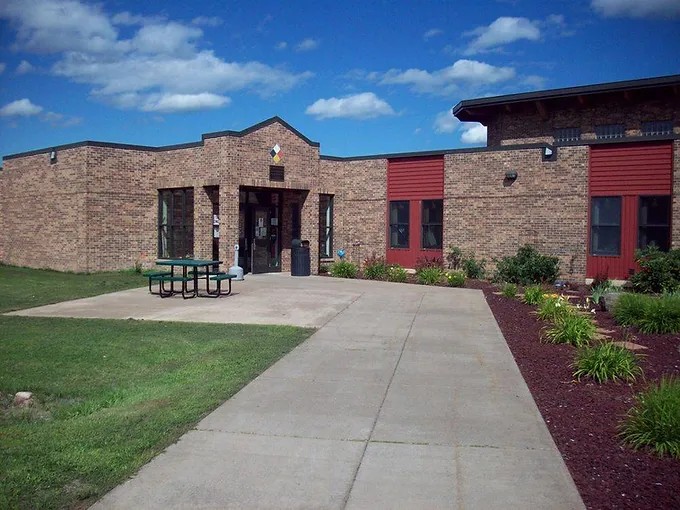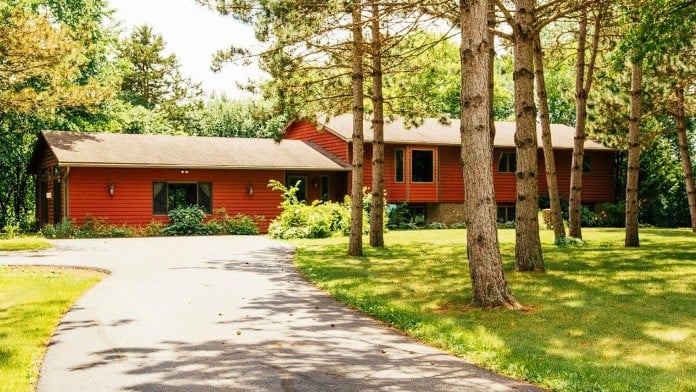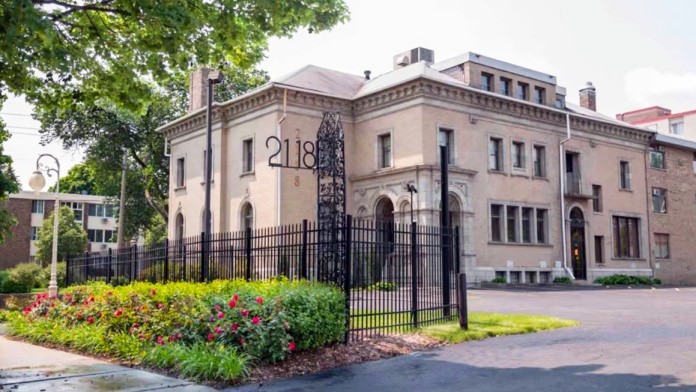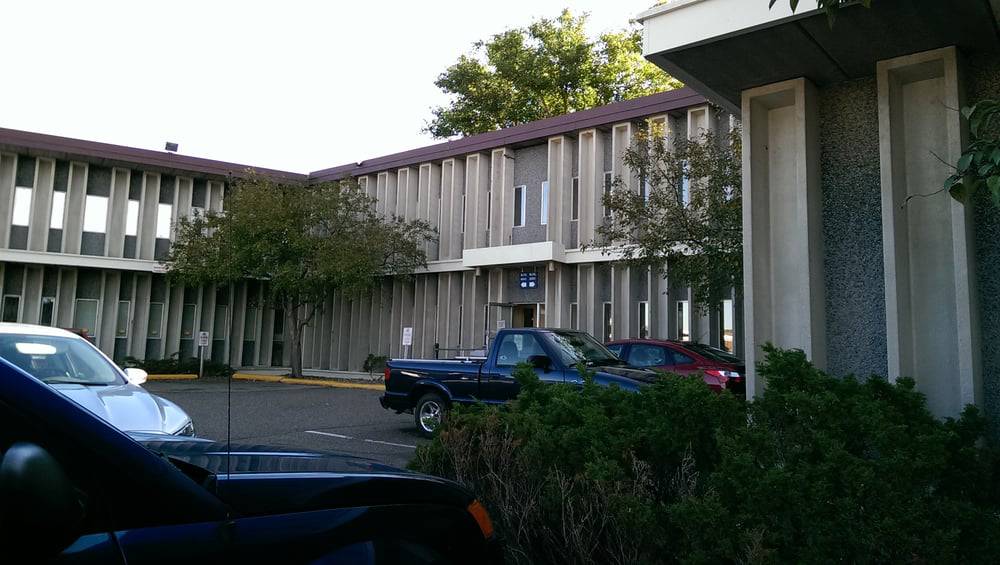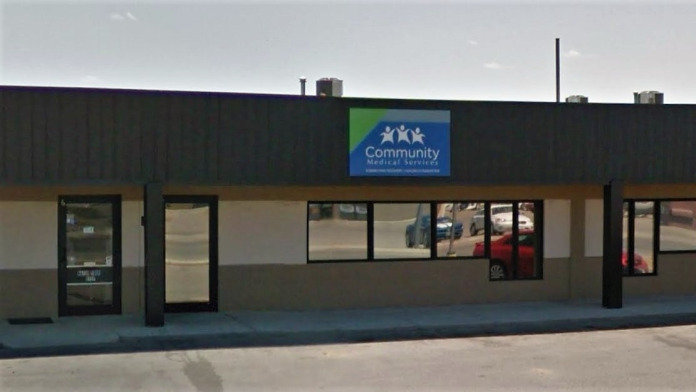About Heartview Foundation – Cando
They accept private insurance. They also accept Medicaid and Medicaid Expansion. There’s a substance use disorder voucher offered by North Dakota for which there are several requirements for eligibility. Staff can help determine if you’re eligible and help you apply. They offer payment plans and a sliding fee discount as well.
There are inpatient services available in a 16 bed residential facility. The inpatient program treats adults 18 and older. You’ll have 24/7 monitoring to help with your medical needs, medication management and detox symptoms, though they do not offer medical detox. You’ll attend treatment groups from 8:00 a.m. to 12:00 p.m. These include mental health group treatment, group therapy, yoga, art and community speakers. Lunch is at noon and is followed by afternoon treatment groups from 1:00 p.m. to 4:00 p.m.
You’ll have some free time as well. which includes optional activities such as Alcoholics Anonymous groups, television, church, board games and outings. Examples of outings include bowling and the movies. They also have horse therapy through the Equine Assisted Growth and Learning Association (EAGALA).
There’s also a partial hospitalization program (PHP) and day treatment program. The PHP is five days a week, but you can live at home while attending the program. You’ll meet Monday through Thursday from 8:15 a.m. to 12:30 p.m. and Friday from 8:15 a.m. to 12:00 p.m. The program includes topics like spirituality, art, relapse prevention, mental health and nutrition and wellness.
The intensive outpatient program (IOP) meets two to three days per week with about nine hours of care per week. There are individual counseling sessions during the day if appropriate and aftercare sessions in the day and evening. The IOP is for clients who have already completed the other levels of care. Outpatient treatment is available to those 14 and older.
Facility Overview
Latest Reviews
Rehab Score
Gallery
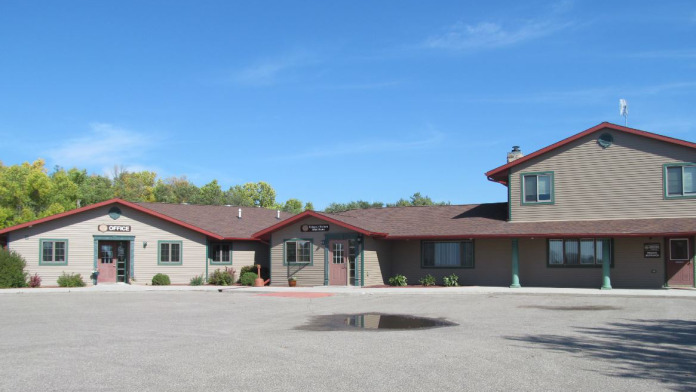
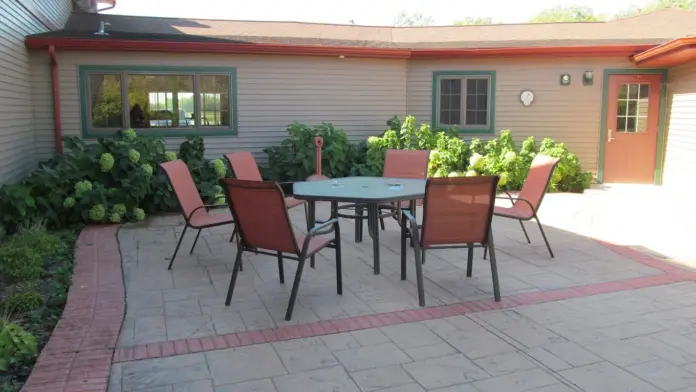
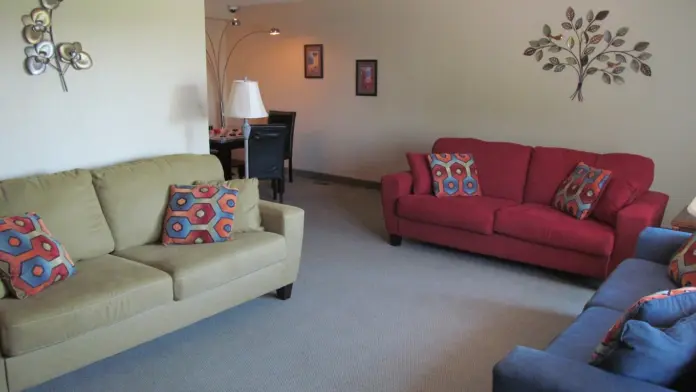
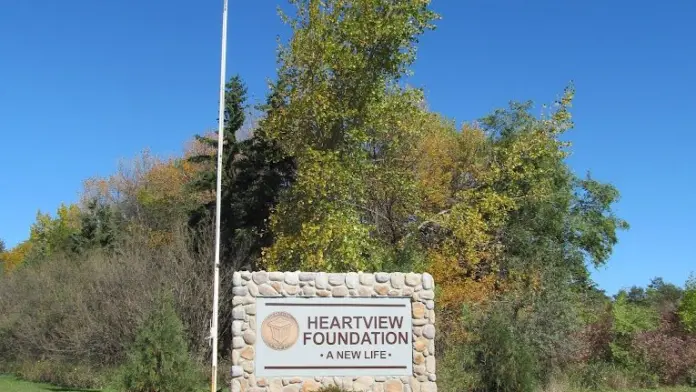
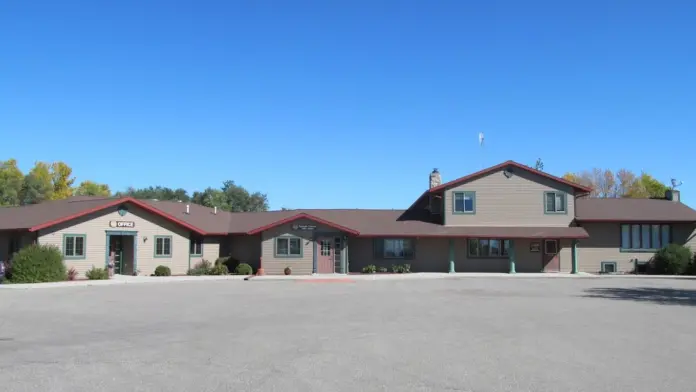
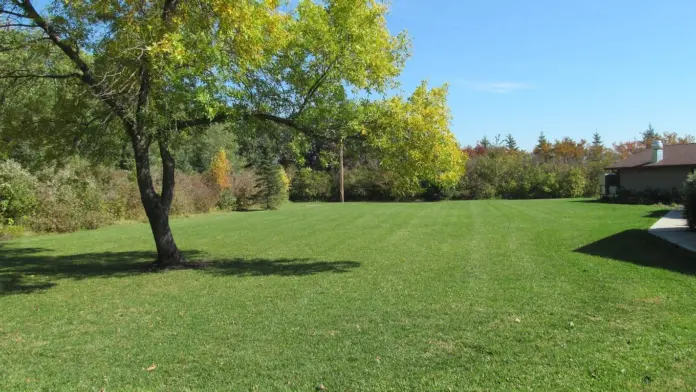
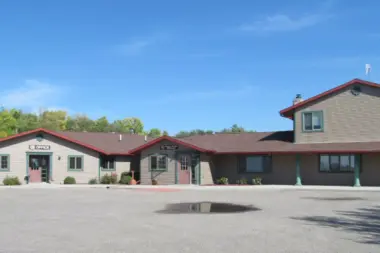
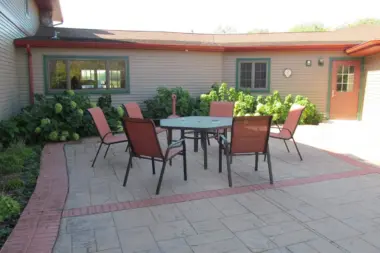
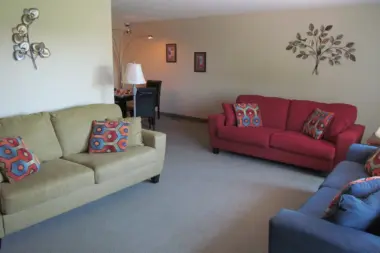
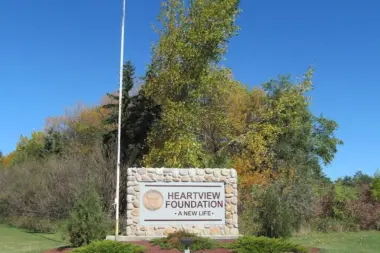
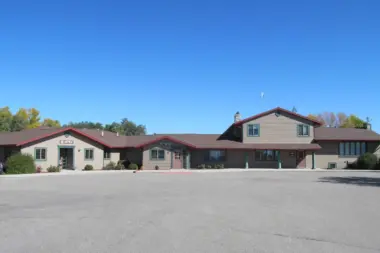
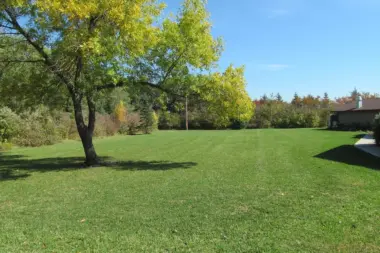
Other Forms of Payment
Private insurance refers to any kind of healthcare coverage that isn't from the state or federal government. This includes individual and family plans offered by an employer or purchased from the Insurance Marketplace. Every plan will have different requirements and out of pocket costs so be sure to get the full details before you start treatment.
Self-pay involves paying for treatment out of your own pocket. You can use savings or credit, get a personal loan, or receive help from family and friends to fund your treatment. If you don't have insurance or your insurance plan doesn't cover a specific program, self-pay can help ensure you still get the care you need.
Financial aid can take many forms. Centers may have grants or scholarships available to clients who meet eligibility requirements. Programs that receive SAMHSA grants may have financial aid available for those who need treatment as well. Grants and scholarships can help you pai for treatment without having to repay.
Military members, veterans, and eligible dependents have access to specific insurance programs that help them get the care they need. TRICARE and VA insurance can help you access low cost or no cost addiction and mental health treatment. Programs that accept military insurance often have targeted treatment focused on the unique challenges military members, veterans, and their families face.
Medicaid is a state based program that helps lower-income individuals and families pay for healthcare. Medicaid covers addiction treatment so those enrolled can use their coverage to pay for rehab. When a program accepts Medicaid the client often pays very little or nothing out of their own pocket.
Addiction Treatments
Levels of Care
Outpatient services are for patients 14 years and older who are able to live sober in their home environment and come to Heartview on a regular basis for treatment. This level of care is highly individualized, and is usually for patients who completed treatment at one time, and need additional followup care. This service may consist of a limited number of individual or group counseling sessions, relapse prevention, education, family programming or other care as needed.
Residential treatment programs are those that offer housing and meals in addition to substance abuse treatment. Rehab facilities that offer residential treatment allow patients to focus solely on recovery, in an environment totally separate from their lives. Some rehab centers specialize in short-term residential treatment (a few days to a week or two), while others solely provide treatment on a long-term basis (several weeks to months). Some offer both, and tailor treatment to the patient's individual requirements.
This program is a step down from Partial Hospitalization/Day Treatment. Patients in this level attend treatment three or four days per week. A day or evening option is available. Treatment includes group therapy, lectures, nursing evaluation and followup, acupuncture (if desired) and chaplain services. Treatment is scheduled on Monday 8 – 3pm, Tuesday through Thursday 8 – noon and Fridays (optional) from 8-noon. Most patients attend 20 sessions of day treatment. An evening option is available, which meets Monday, Tuesday and Thursday evenings from 6:00 pm to 9:00 pm. Most patients attend 24 sessions of evening treatment.
Clients engaged in a rehab aftercare program may be receiving outpatient treatment or they may have already been discharged from formal treatment after completing intensive inpatient and/or outpatient care. These programs are designed to support clients' long-term sobriety through a robust continuum of care customized for clients' unique and evolving needs. Peer coaching, career counseling, relapse prevention, and 12 step program induction are among the most common rehab aftercare services.
12-step programs are addiction recovery models based on Alcoholics Anonymous (AA). A number of substance abuse programs (including some drug and alcohol rehab centers) use the 12 steps as a basis for treatment. Beginning steps involve admitting powerlessness over the addiction and creating a spiritual basis for recovery. Middle steps including making direct amends to those who've been hurt by the addiction, and the final step is to assist others in addiction recovery in the same way. 12-Step offshoots including Narcotics Anonymous (NA), Cocaine Anonymous (CA), Dual Recovery Anonymous (DRA), Sex and Love Addicts Anonymous (SLAA) and Gamblers Anonymous (GA).
In a partial hospitalization program (PHP), you'll experience intensive rehab with the ability to return home each day. PHP treatment is recommended for those with moderate to severe addictions that don't require 24/7 care. A partial hospitalization program serves as an alternative to inpatient hospitalization or as a step-down option. Throughout the week, you'll attend meetings for 4-8 hours each day, up to 3-5 days a week, for an average of 90 days. Medication management, evidence-based therapies, and relapse prevention are typical components of PHP treatment.
24-hour clinical care in North Dakota gives those in recovery immediate, constant access to medical professionals. This can be crucial if patients experience severe withdrawal symptoms during detox. Medical staff are on-site to deliver necessary treatment, which may include life-saving measures for symptoms such as heart palpitations or seizures. Mental health professionals are also available to address co-occurring disorders.
Medically assisted detox involves weaning your body off alcohol and drugs in a medically supervised environment. This is often the first step in the addiction recovery process. Abruptly stopping intake of alcohol and some drugs (like benzodiazepines and opioids) can cause uncomfortable side effects. In severe cases, withdrawal symptoms can even be dangerous. To minimize risks and discomfort, a team of medical professionals will monitor you 24/7, and may provide medications if necessary to ease potential withdrawal symptoms.
Treatments
The goal of treatment for alcoholism is abstinence. Those with poor social support, poor motivation, or psychiatric disorders tend to relapse within a few years of treatment. For these people, success is measured by longer periods of abstinence, reduced use of alcohol, better health, and improved social functioning. Recovery and Maintenance are usually based on 12 step programs and AA meetings.
The goal of drug rehab in North Dakota is to help individuals overcome addiction. These programs provide treatment for both mind and body and teach participants how to live healthy, productive lives without drug abuse.
Substance rehabs focus on helping individuals recover from substance abuse, including alcohol and drug addiction (both illegal and prescription drugs). They often include the opportunity to engage in both individual as well as group therapy.
Programs
Adult rehab programs include therapies tailored to each client's specific needs, goals, and recovery progress. They are tailored to the specific challenges adult clients may face, including family and work pressures and commitments. From inpatient and residential treatment to various levels of outpatient services, there are many options available. Some facilities also help adults work through co-occurring conditions, like anxiety, that can accompany addiction.
Young adulthood can be an exciting, yet difficult, time of transition. Individuals in their late teens to mid-20s face unique stressors related to school, jobs, families, and social circles, which can lead to a rise in substance use. Rehab centers with dedicated young adult programs will include activities and amenities that cater to this age group, with an emphasis on specialized counseling, peer socialization, and ongoing aftercare.
Clinical Services
Unlike some therapeutic methods, cognitive behavioral therapy in North Dakota focuses on the present rather than the past. The goal is to move forward with new patterns of thinking and behavior that are healthy and productive.
Group therapy is any therapeutic work that happens in a group (not one-on-one). There are a number of different group therapy modalities, including support groups, experiential therapy, psycho-education, and more. Group therapy involves treatment as well as processing interaction between group members.
In individual therapy, a patient meets one-on-one with a trained psychologist or counselor. Therapy is a pivotal part of effective substance abuse treatment, as it often covers root causes of addiction, including challenges faced by the patient in their social, family, and work/school life.
Motivational interviewing helps you find internal motivation to change. If you're feeling insecure about your ability to change or ambivalent about the need for change, this method can help you explore your options and motivations.
Trauma therapy aims to help you heal from the emotional and physical effects that are common after witnessing or experiencing a traumatic event. Working with a therapist, you learn to process the experience and develop healthy coping strategies that reduce your anxiety and improve your self confidence.
Couples therapy lasts an average of 12 sessions. Most sessions involve both partners; however, therapists may also meet with each partner individually. The focus of couples therapy is to address conflict and improve the way you handle challenges in the relationship.
Family programming is an essential part of all treatment categories at Heartview. They understand that addiction profoundly affects the family (or significant others), and healing must occur for both the patient and the family. Family members are often involved in the assessment process, helping them understand your alcohol or drug use and the problems it has caused. Once you are in treatment, they support and educate your family members as they deal with understanding your disease, treatment, and healing process. At the point you are ready, Your family members (or significant others) will come to Heartview and receive help in understanding addiction.
Learning life skills in rehab is crucial to recovery. Addiction interferes with basic life skills, and many who are addicted are at a loss as to how to navigate daily life. Life skills training during rehab reteaches these skills so you can leave treatment with the tools you need to cope with day to day challenges.
Nutrition therapy includes input from doctors and nutritionists to develop a dietary plan that supports your recovery. You'll get nutritional support, learn to develop meal plans, and set goals for daily nutrition.
Tobacco use leads to nicotine dependence. This means your body has become dependent on the substance, and you'll experience withdrawal if you stop using it. Nicotine replacement therapy gives you nicotine in the form of patches, sprays, gum, or lozenges to relieve withdrawal symptoms and help you quit successfully.
Amenities
-
Private Setting
-
Yoga Studio
Staff & Accreditations
Staff
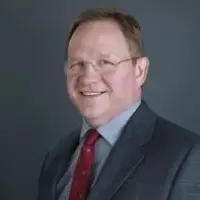
Kurt A. Snyder, MMGT, LSW, LAC
Executive Director
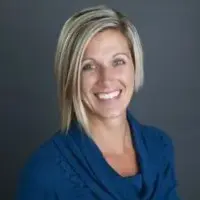
Jessica Brewster, MS, LMAC
Chief Clinical Officer
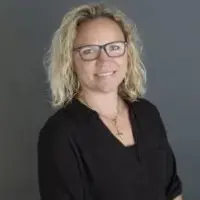
Melissa J. Henke, MD
Medical Director
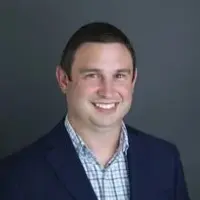
Ryan Messer, CPA
CFO
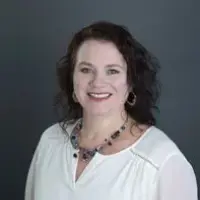
Karalee Harper, MMgt, LAC
Chief Compliance Officer
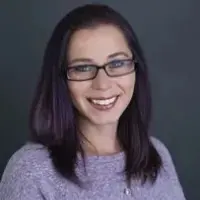
Crystal Messer, RN
Chief Nursing Officer
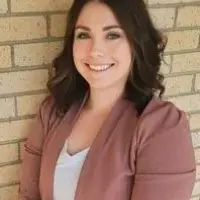
Brittany Dvorak, LBSW
COO
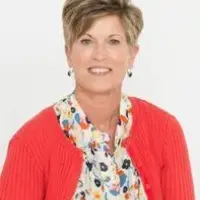
Shari Timms
COO
Accreditations

State Licenses are permits issued by government agencies that allow rehab organizations to conduct business legally within a certain geographical area. Typically, the kind of program a rehab facility offers, along with its physical location, determines which licenses are required to operate legally.
State License: North Dakota

The Joint Commission, formerly known as JCAHO, is a nonprofit organization that accredits rehab organizations and programs. Founded in 1951, the Joint Commision's mission is to improve the quality of patient care and demonstrating the quality of patient care.
Joint Commission Accreditation: Yes
Contact Information
7448 68th Avenue NE
Cando, ND 58324
